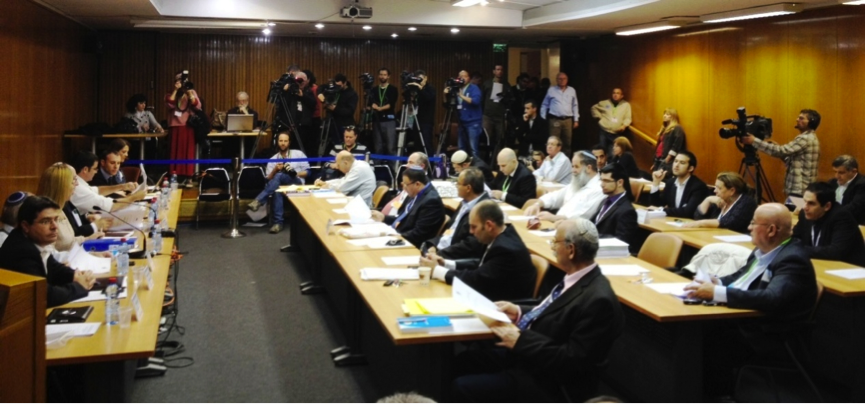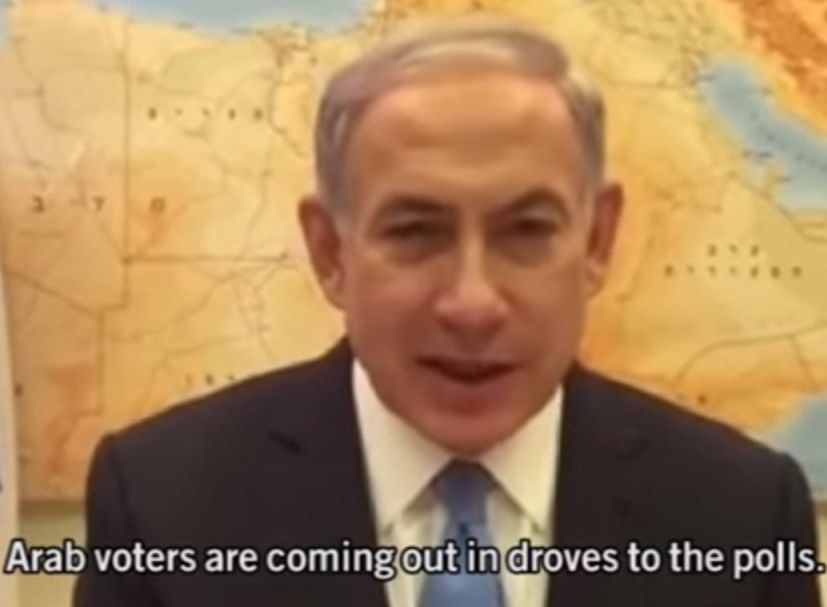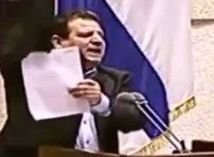Adalah: Repeal amendment that blocks Knesset candidates from elections due to statements
Adalah – The Legal Center for Arab Minority Rights in Israel is demanding that senior Israeli political officials move to repeal a recent amendment to Article 7A of the Basic Law: The Knesset, which expands the grounds on which political parties and individual candidates can be disqualified from Knesset elections to include not only their goals and actions, but also their statements.
The amendment was approved by the Knesset on 14 March 2017 by a 29-20 margin.
Under the law, parties and individual candidates can be disqualified if their goals/actions – explicitly or implicitly – negate the existence of the State of Israel as a “Jewish and democratic state,” incite to racism, or support armed struggle by a hostile state or terrorist organization against the State of Israel. The amendment makes it easier to disqualify candidates and parties from the Knesset by including statements among the accepted grounds, which are by their nature more liable to overly-broad interpretation.
In her letter sent on 28 November 2017 to Knesset Legal Advisor Eyal Yinon and Knesset Speaker Yuli-Yoel Edelstein, Adalah Attorney Muna Haddad noted that Article 7A was extremely problematic – and quite possibly unconstitutional – even prior to its March amendment.
The Knesset’s Central Elections Committee is authorized to make decisions on whether or not to disqualify political parties and candidates from Knesset elections, even though it is a political body made up of Knesset members and driven by purely political considerations. With this latest amendment, the Knesset has granted this committee additional powers to prevent election candidates from running for election.
Attorney Haddad emphasized that the mechanisms used to disqualify Knesset candidates are employed almost exclusively in order to prevent Arab candidates from participating in Knesset elections.
In addition, the amendment was not approved with the majority required in order to implement changes to a basic law such as the right to elect and to be elected: such changes require majority approval of at least 61 Knesset members. The recent amendment to Article 7A, however, was approved with just 29 votes.
Attorney Haddad noted that Israeli Attorney General Avichai Mandelblit has ruled that "an amendment dealing with the right to elect and to be elected – such as restrictions on the right to be elected determined in Article 7A of Basic Law: The Knesset – requires a majority vote of at least 61 Knesset members in the first, second, and third readings."


















